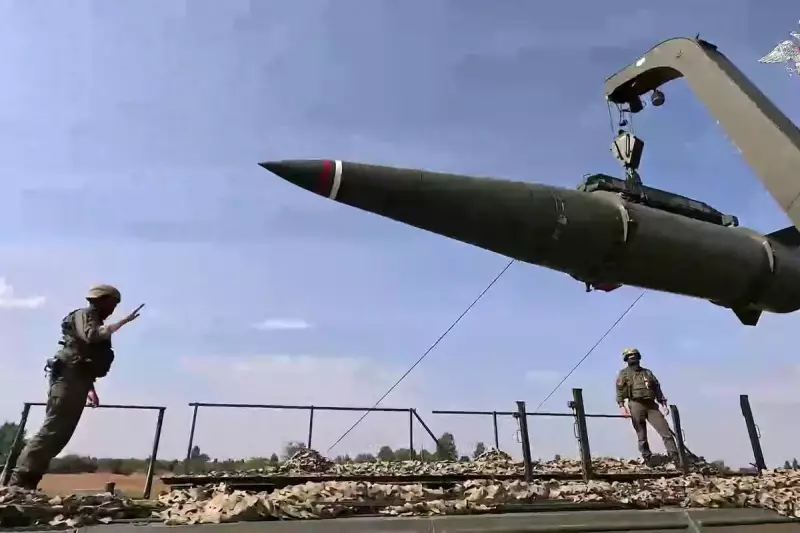
In a move that dramatically escalates tensions with the West, Russian President Vladimir Putin has declared his intention to station tactical nuclear weapons in neighbouring Belarus. The announcement signals a dangerous new chapter in the ongoing geopolitical standoff stemming from the war in Ukraine.
The Russian leader stated that construction of the necessary storage facilities for the warheads would be completed by the 1st of July. He was quick to draw a parallel to the long-standing practice of the United States stationing its nuclear weapons on the territory of European allies, framing the decision as a retaliatory measure.
A Calculated Response to Western Support
President Putin explicitly linked his decision to the UK's recent provision of armour-piercing depleted uranium shells to Ukraine. He framed the nuclear deployment as a necessary counter to the West's continued military support for Kyiv, accusing NATO members of escalating the conflict.
"The United States has been doing this for decades. They have long placed their tactical nuclear weapons on the territory of their allies," Putin argued during his televised announcement. He emphasised that Moscow would not be transferring control of the weapons to its ally, maintaining that Russia's actions were therefore not in breach of its non-proliferation commitments.
Belarus: A Willing Partner in a Nuclear Strategy
Belarusian President Alexander Lukashenko, a staunch Kremlin ally, has long voiced his desire to host Russian nuclear assets. His regime's increasing dependence on Moscow, especially following Russia's support during the mass protests of 2020, has made this strategic alignment inevitable.
The plan, as outlined by Putin, involves the deployment of Iskander missile systems, which are capable of delivering nuclear payloads, to Belarus. Russian pilots have already begun training on the specially modified aircraft that would carry these weapons, solidifying the military partnership.
Western Condemnation and Deepening Concerns
The announcement was met with immediate condemnation from Western capitals. A senior official in the Ukrainian presidential administration labelled the move as "a step towards internal destabilisation" for Belarus, turning its territory into a potential nuclear hostage.
NATO officials expressed grave concerns, stating the alliance is "vigilantly monitoring the situation." The deployment of Russian nuclear weapons on European soil, just hours from the borders of NATO member states like Poland, Lithuania, and Latvia, is viewed as a profoundly provocative and irresponsible act that fundamentally alters the regional security landscape.
This decision marks one of Russia's most explicit nuclear signals since the invasion of Ukraine began and represents a significant test for the resolve and response of the Western alliance.





